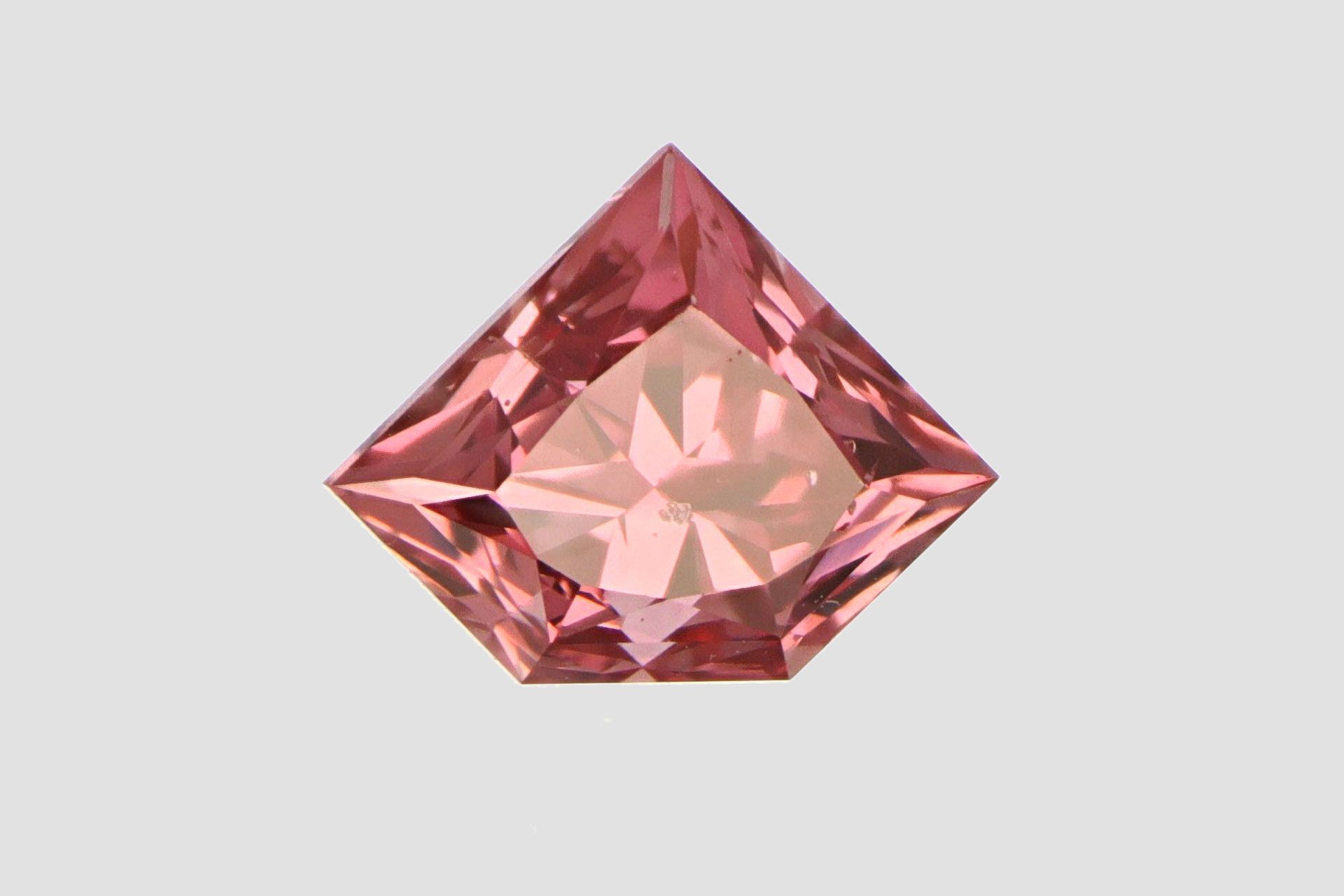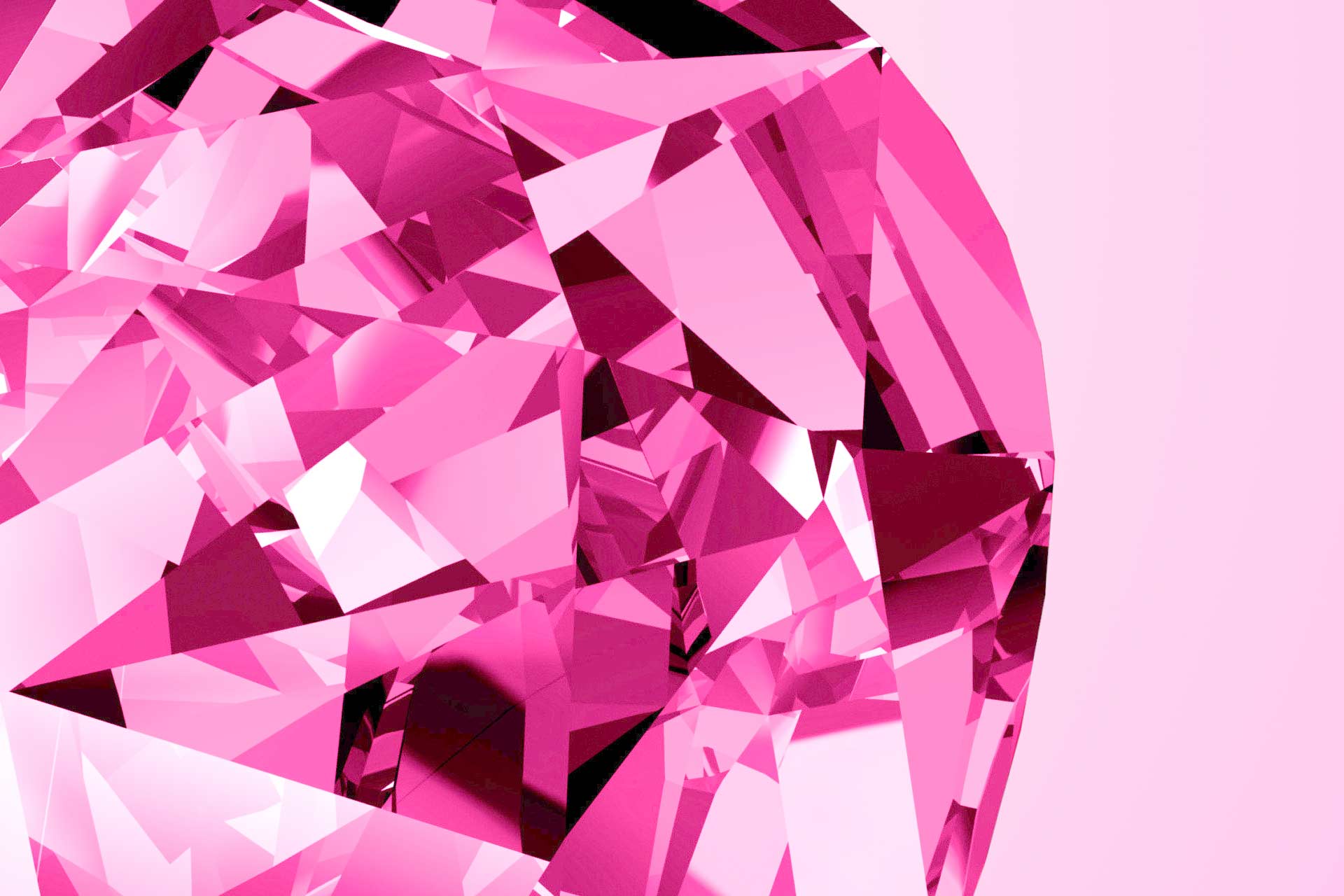15 years ago, civil rights activist Dr. Benjamin Chavis, one of the co-founders of the non-for-profit organisation Diamonds Do Good, met with Nelson Mandela, and the great man personally asked the good doctor to help u201cto raise more awareness about the benefits to Africa that are derived from the good that diamonds do.u201d.
Funded by the natural diamond industry, Diamonds Do Good recently gave donations to the Flaviana Matata Foundation in Tanzania (set up by supermodel Flavia Matata to support education and empowerment for girls) as well as to Sentebale (set up Prince Harry to supports the wellbeing and mental health of young people afflicted with HIV in Lesotho and Botswana). It plays to a lot of the many good news stories about natural diamonds and for an industry that produces the ultimate luxury, it makes sense that Social Purpose and Sustainability are so often central to what they do.
So why arenu2019t consumers hearing more about good news stories like Diamonds Do Good? To some extent, itu2019s the fault of our industry, which remains fixated with the 4 u201cCu2019s of Carat weight, Cut, Colour and Clarity, and has been slow to grasp the need to talk to todayu2019s new consumers about the fifth u201cCu201d; Community. The good news is that there are some great stories to tell, because natural diamonds make a huge financial, environmental, and social contribution to almost all the countries in which they are found. But maybe these good news stories are being undercut by another, very worrying narrative. A narrative which is being peddled by a handful of lab-grown companies predominantly (but not exclusively) in the US, who publish inaccurate information, and/or through innuendo and misrepresentation denigrate the natural diamond story, tarring the whole industry with the same brush; (please see the second half of this article under the heading; u201cA lie will fly twice around the whole world while the truth is still getting its boots onu201d for examples).


